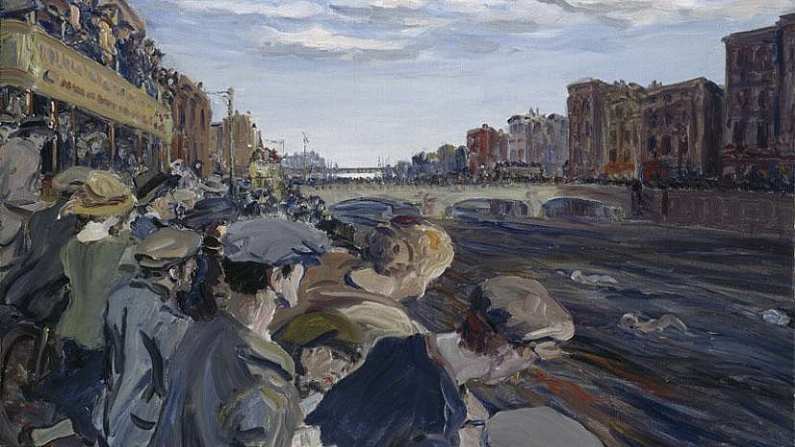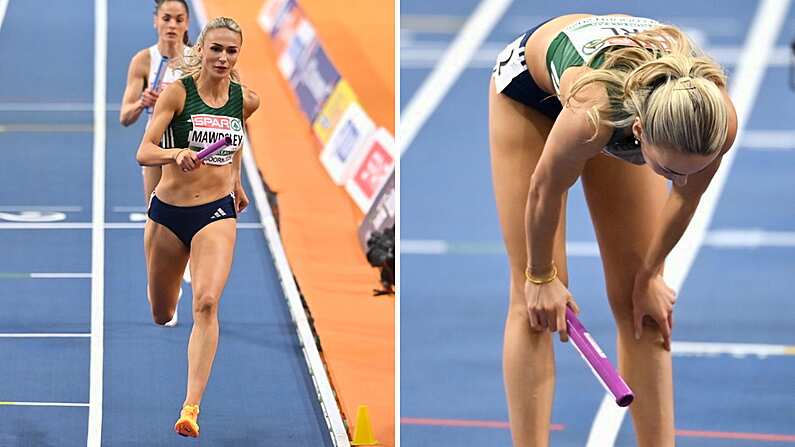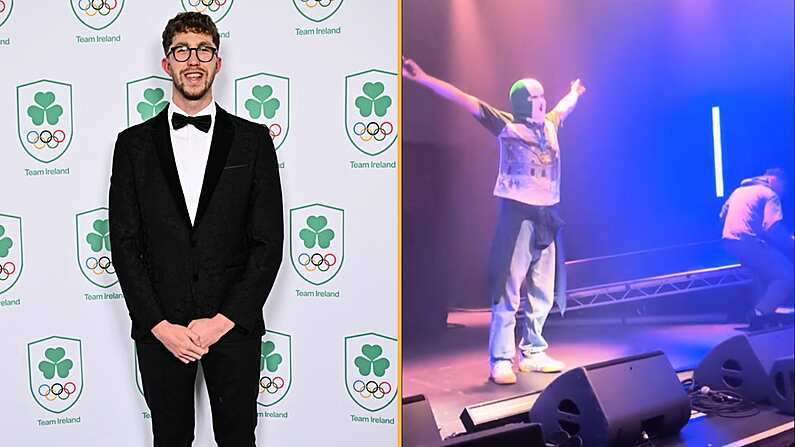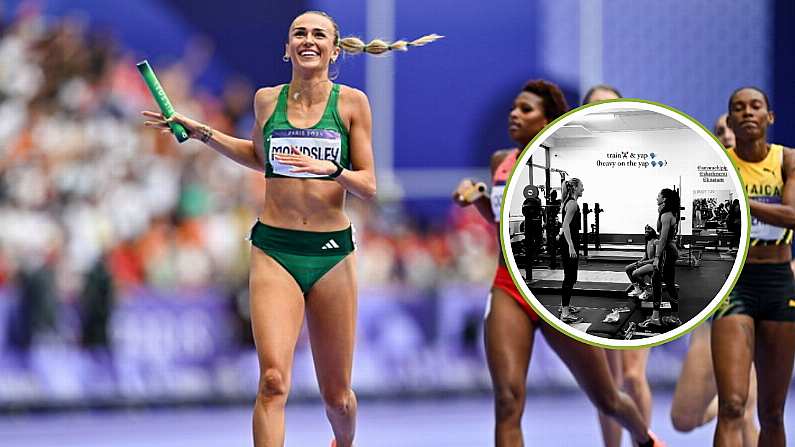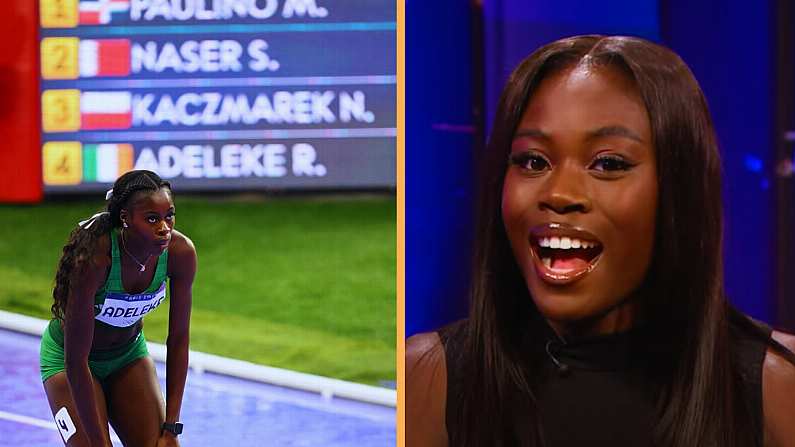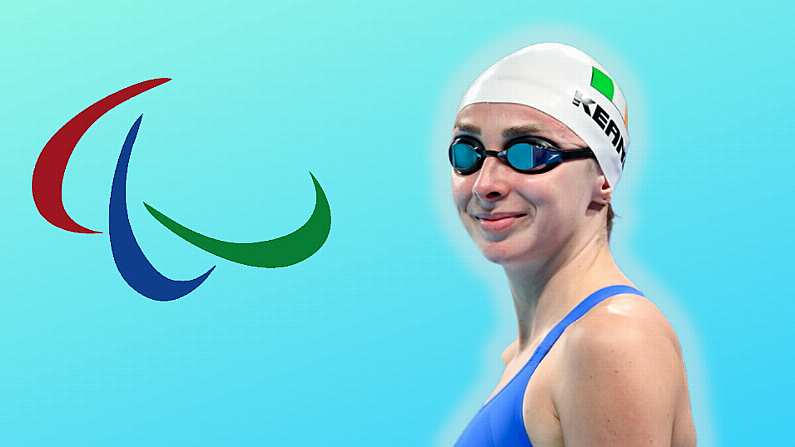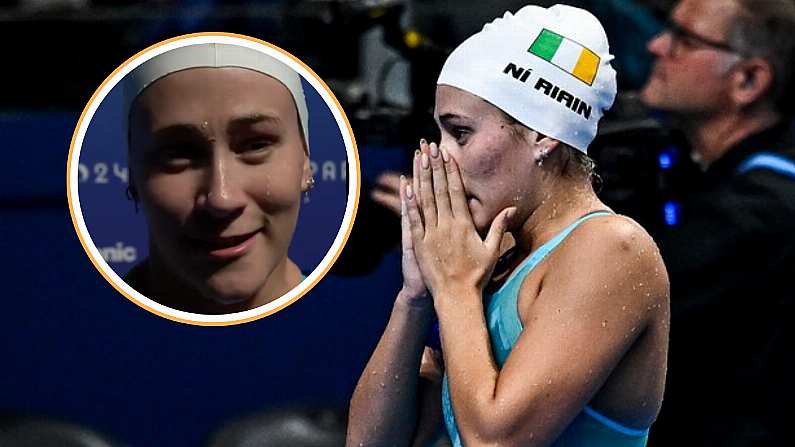Art competitions were included in the Olympic programmes from 1912 to 1948. At the 1912 games in Stockholm, there were five categories; Architecture, Literature, Music, Painting and Sculpture and these five strands shaped the following editions, with sub-categories added and dropped each time.
Ireland was awarded two medals in our first Olympics after independence in 1924. Oliver St John Gogarty was awarded bronze for his poem “Ode to the Tailteann Games” in Literature, while Jack Butler Yeats’ creation “The Liffey Swim” was awarded silver in painting. Our final honour was a bronze medal awarded in 1948 in the “Oils and water colours” category for Letitia Hamilton’s “Meath Hunt Point-to-Point Races.”
100 years ago, Ireland took part in the #OlympicGames for the first time, in Paris.
Our first medal was in painting. This painting - the Liffey Swim by Jack B Yeats, secured the silver medal.
Wish @TeamIreland huge success in this Olympics!
📷 National Gallery of Ireland pic.twitter.com/xpTu1Pu3F7— Ambassador Patrick Haughey (@IEAmbPoland) July 26, 2024
SEE ALSO: Previewing All 133 Irish Competitors At The Paris Olympics
So why aren’t these medals counted in our Olympic tally?
The Olympic Games, as envisioned by Pierre de Coubertin and his founding partners, was a celebration of international sport and culture. He had always hoped to include art, but it was felt that the fledgling event should stick to sport to help immerse it in the public mind worldwide. When art was added in 1912, the criteria was set that the artists must be amateurs, and the topic of their works must be sport. A judging panel would meet and decide to award those works of art that they deemed “medal-worthy”.
That’s the biggest issue the IOC has with recording them as “full” Olympic medals won. For the 1912 games, there were 30 entries over the five categories and the juries decided to award 5 gold medals and a single silver medal (in sculpture). Unlike the sporting events, there was no automatic first, second and third get gold, silver and bronze. In 1920, there were again 5 events but only 3 gold, 5 silver and 3 bronze were awarded. In Architecture, for example, there was only a silver medal awarded. The other entrants were not deemed worthy of winning gold.
This haphazard way of awarding medals continued. When Oliver St John Gogarty won bronze in 1924 for literature, there were five medals awarded; 1 gold, 2 silver, 2 bronze. A “dramatic arts” category was on offer in the 1936 and 1948 games and no works of art were deemed worthy of receiving a medal. The 1948 Games saw a record amount of medals awarded; 8 gold, 11 silver, 13 bronze were awarded in 14 categories. The categories had been spread to specific categories that including “Town planning” in architecture and “Medals and plaques” in sculpture.
Some of the artists who entered the Games were also a problem for the IOC. While professional athletes were still banned, it was harder to define who was a professional artist and, indeed, those artists could sell their works of art at the Olympic exhibitions. It was decided that from 1952, a non-competitive arts and cultural programme would replace these medalled events.
While the results of the day sometimes carried the arts results in tandem with the sporting events, the IOC has long dropped them from their records, and they do not now consider medals won in arts competitions to be the same as medals won in sporting events. The biggest factor is clearly the lack of structure around how many medals could be awarded, and how the medallists could be chosen.
In the end, 23 nations won 147 medals - 45 gold, 53 silver and 29 bronze. While Ireland may lament our missing 3 artistic medals, spare a thought for Monaco who have yet to win a medal in Olympic Sport but did win a bronze in 1924 with Julien Médecin’s “Stadium for Monte Carlo” plans in Architecture.

